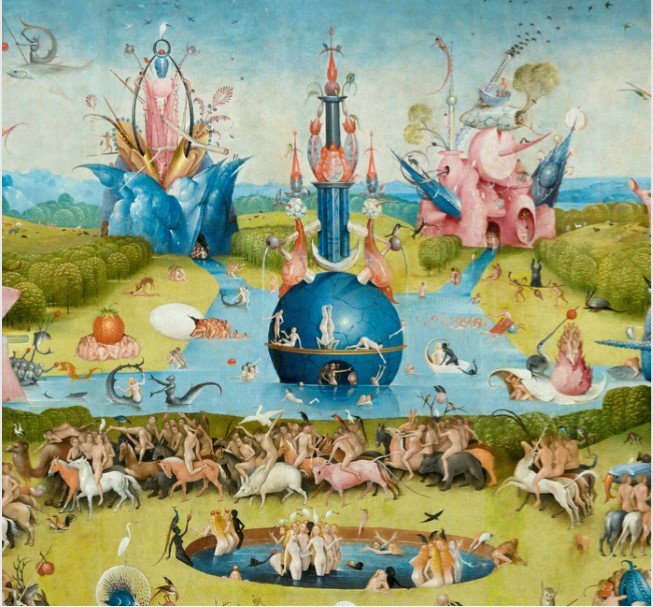HAPPINESS BETWEEN 1500 AND 1750
An Interdisciplinary and International Conference
25 - 26 May 2018, J4.219
University of Paderborn, Germany
This conference investigates the richness and variety of concepts of happiness from 1500 to 1750 as well as their negotiation and reconfiguration in the fictional and non-fictional literature of the period. We will probe the uses and meanings of “happiness,” a relatively new word in the 16th century, as well as the meanings and uses of its closely related terms felicity, (good) fortune, pleasure and bliss.
At the centre of discussion will be the cultural processes through which happiness changed from a semantically rich and complex notion to a concept that largely came to denote a subjective, transient emotional state of mind, tied to the individual’s pursuit of material goods and immaterial prospects as well as to the institution of marriage (Vivasvan Soni: Mourning Happiness). Early modern notions of happiness comprised Neoplatonic visions of cosmic harmony and of the soul’s ascent to God,1 reconfigurations of the workings of the Wheel of Fortune, of classical practices of the care of the self as well as adaptations of the Epicurean notion of the pursuit of pleasure that were inspired by the recovery of Lucretius’s De rerum natura, as Stephen Greenblatt has shown.2 Further aspects that invite exploration are early modern reconfigurations of Platonic, Aristotelian, Stoic, Ciceronian and Christian concepts of good government/government for the common good, humanist ideas of creativity and freedom, the Machiavellian notions of virtù and desire, the blessings of God’s Providence, Christian forms of the good life or Spinoza’s pantheistic concept of man’s intellectual love of God/the universe.
Whereas the works of Anthony Ashley Cooper, 3rd Earl of Shaftesbury and Francis Hutcheson, eighteenth-century poetry, drama as well as comic, picaresque and realist novels and parables still contained traces of classical and early modern concepts of cosmic harmony, beatitude, fortune and happiness (manifesting themselves in Shaftesbury’s notion of an innate moral sense through which humans are connected with the harmonious order of the universe, in the sudden reversals of fortune and references to the workings of God’s providence in comic, picaresque and realist novels), British moral philosophy (from Thomas Hobbes’s Leviathan and John Locke’s Essay Concerning Human Understanding onwards) came to locate happiness in the purview of the individual’s desire/pursuit.
Location
Universität Paderborn
Building J, Floor 4, Room 219


